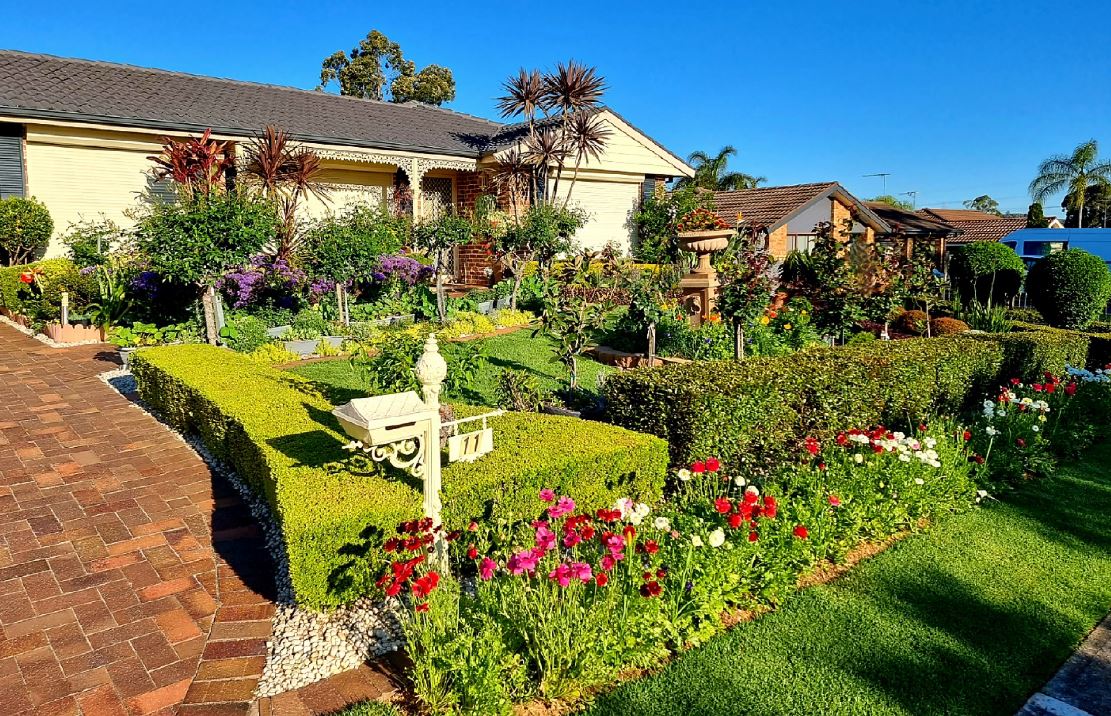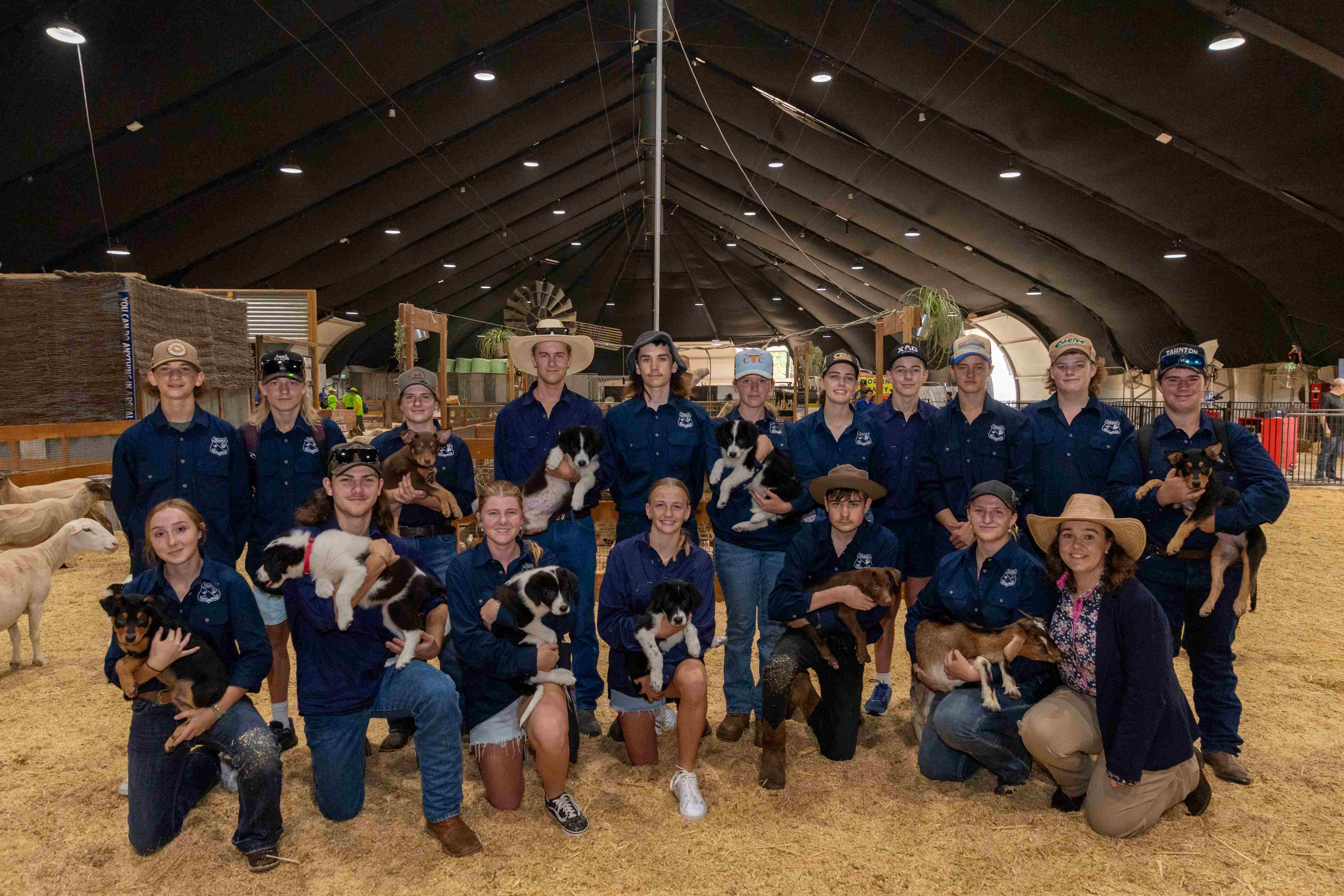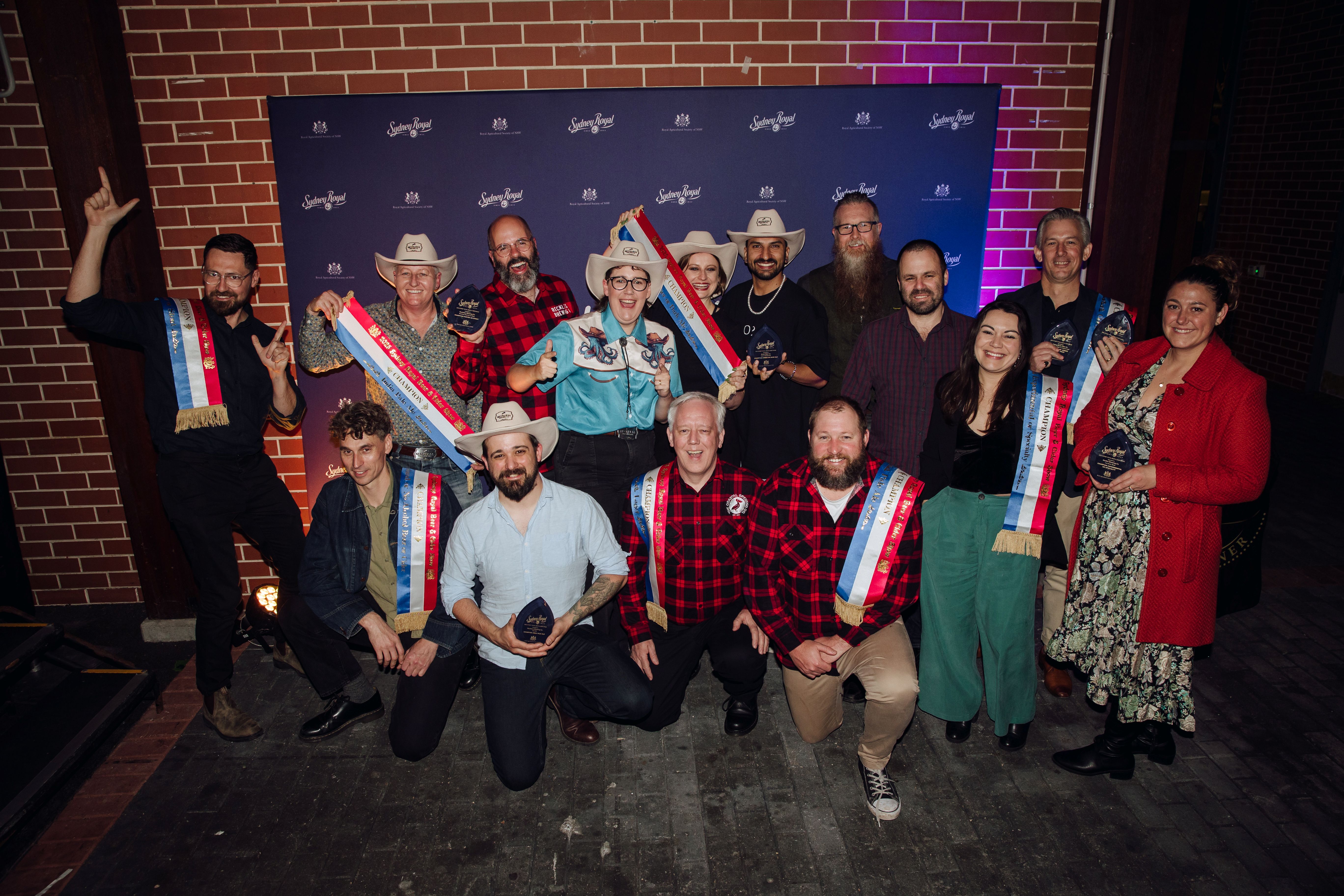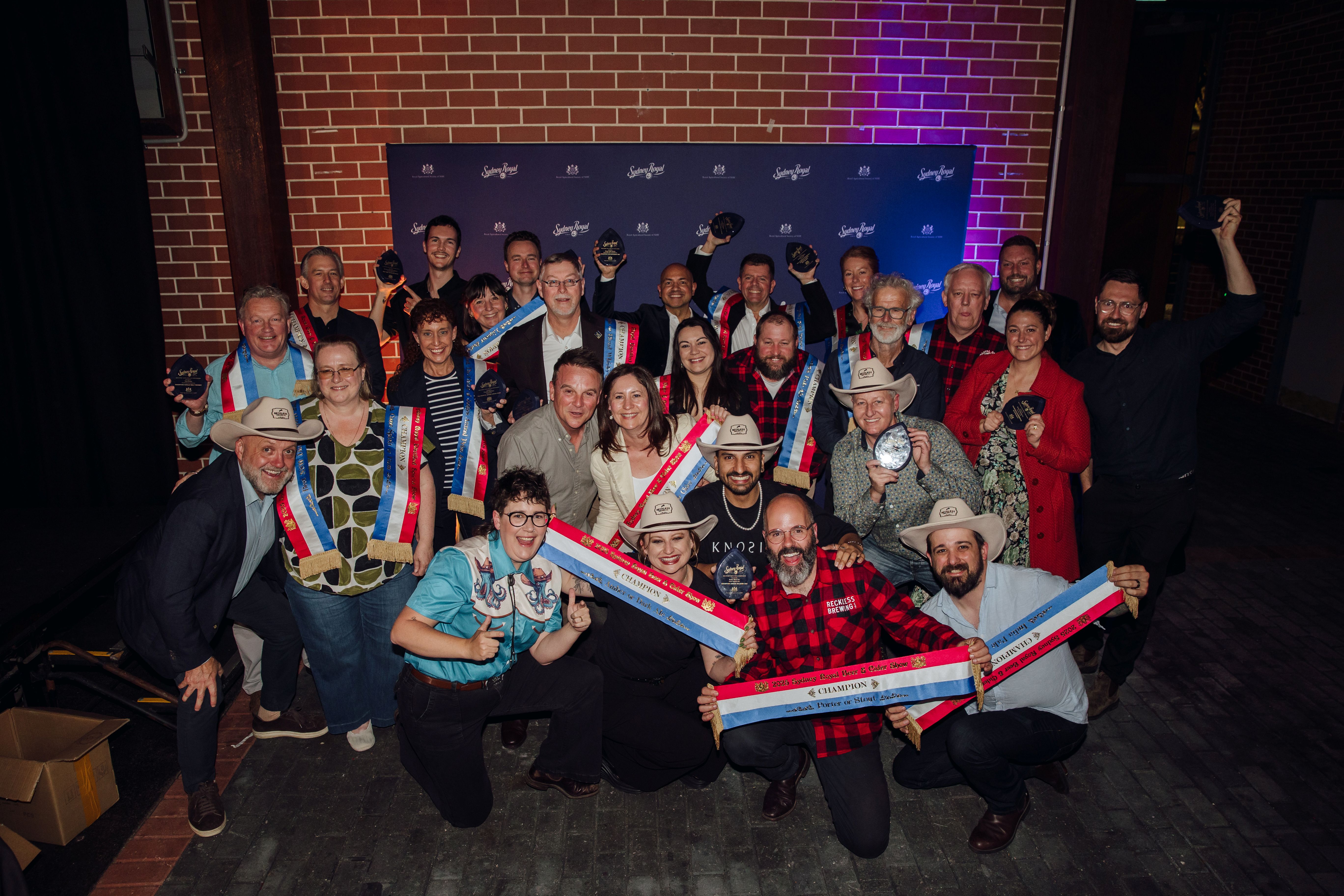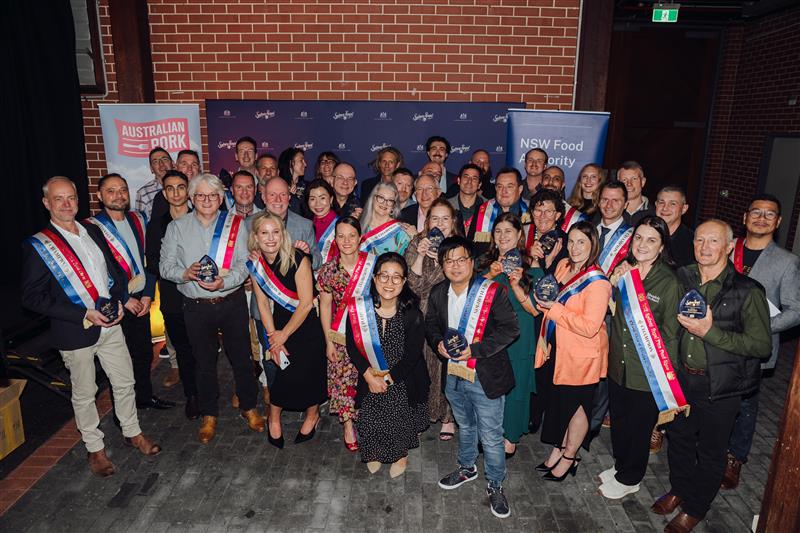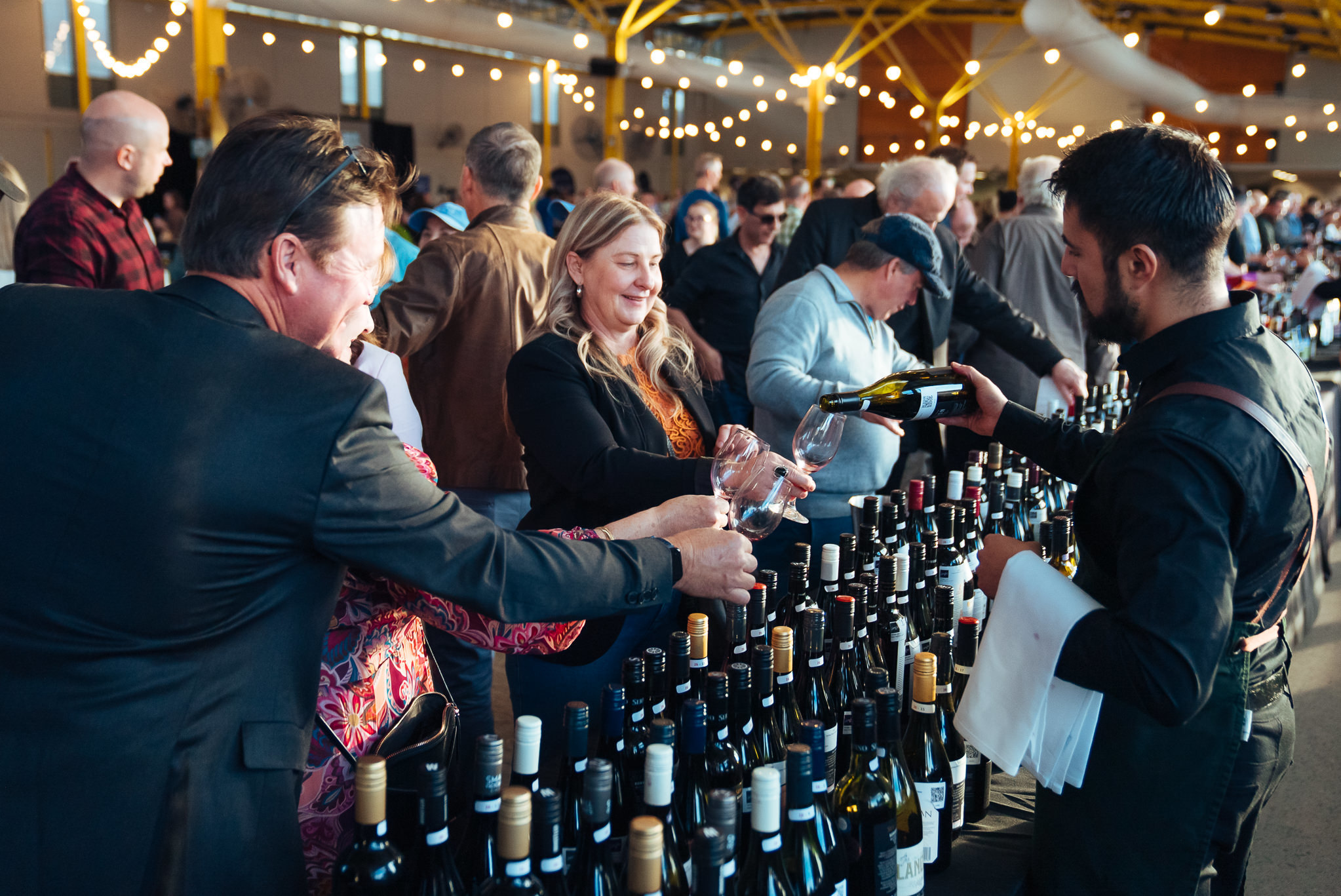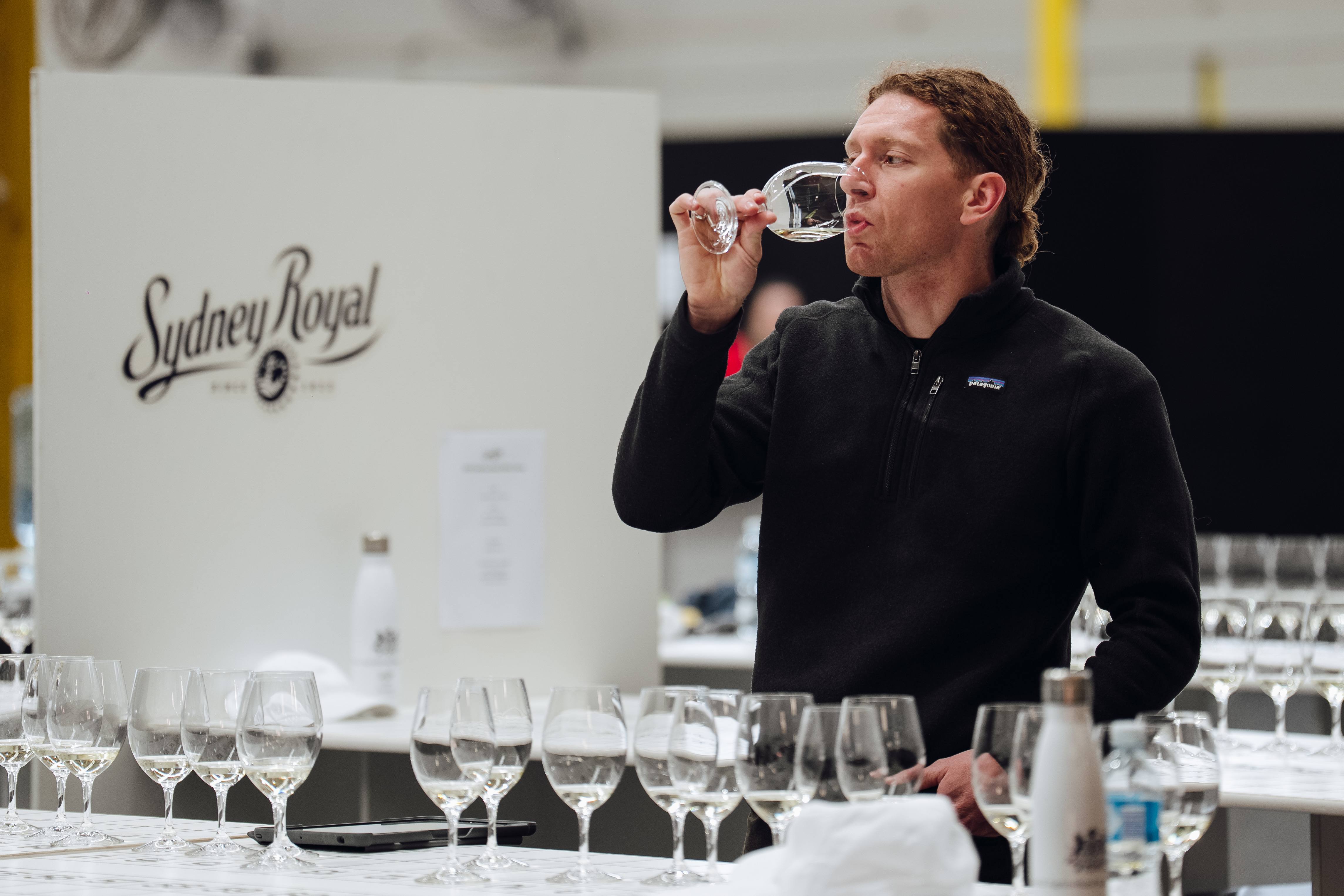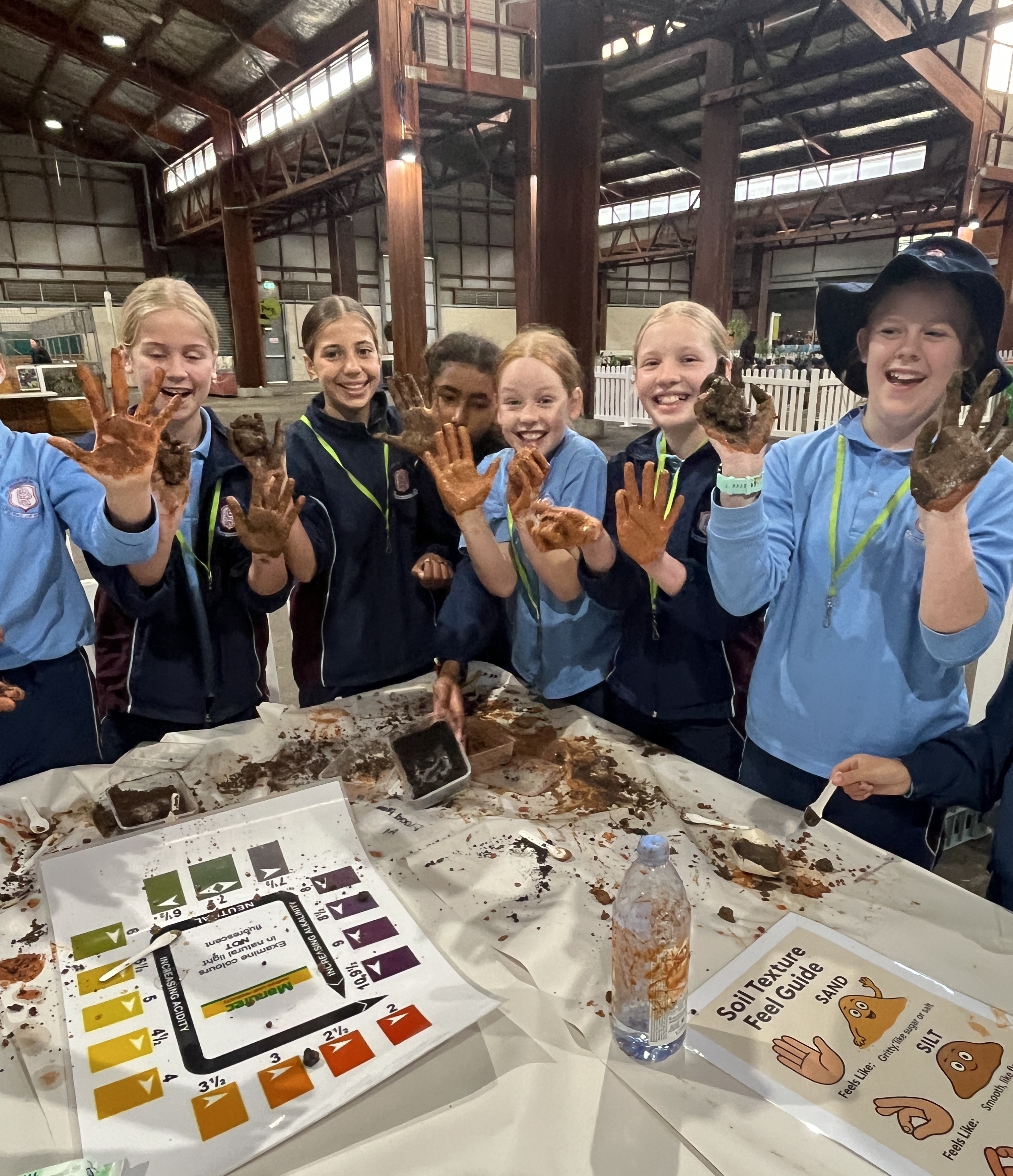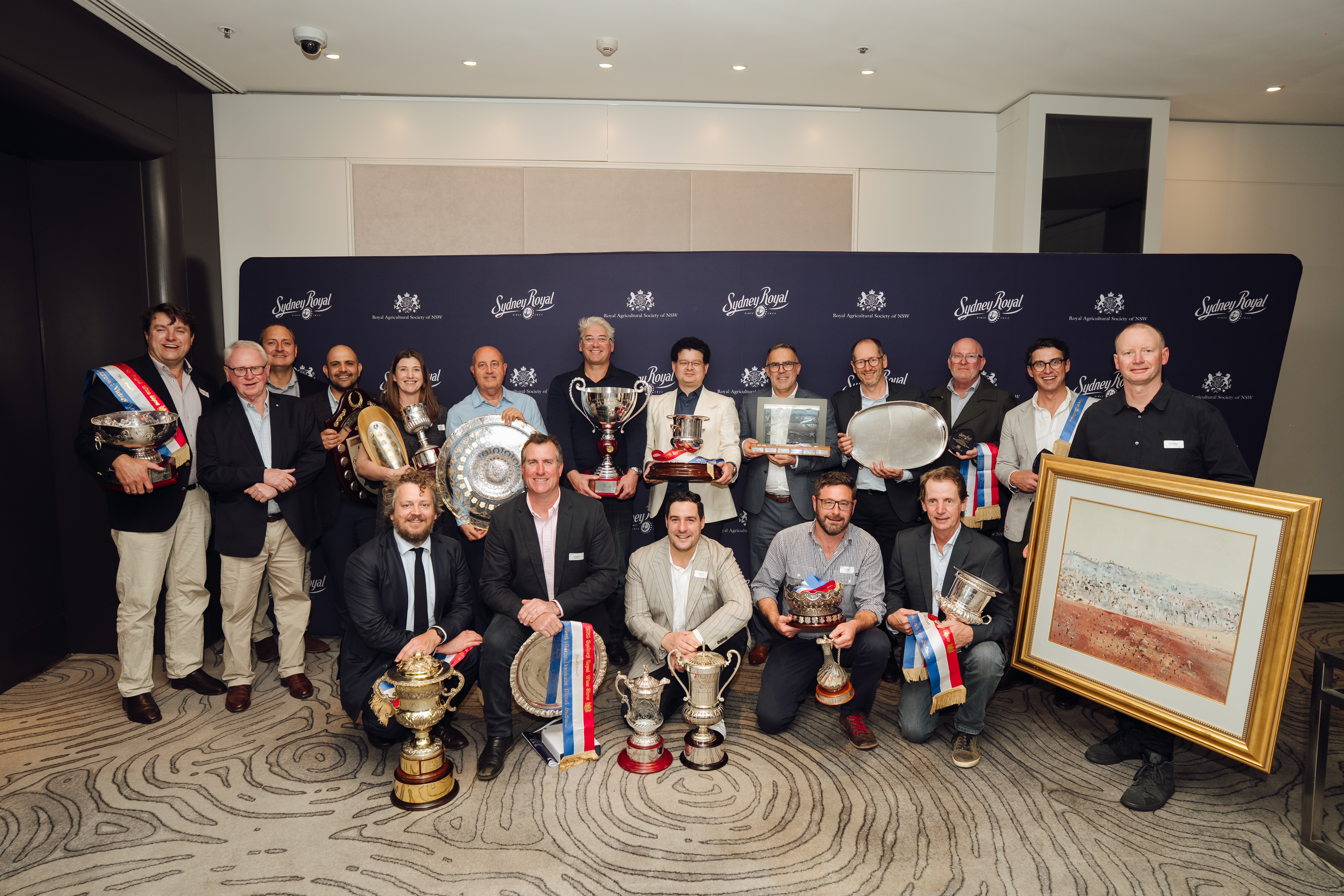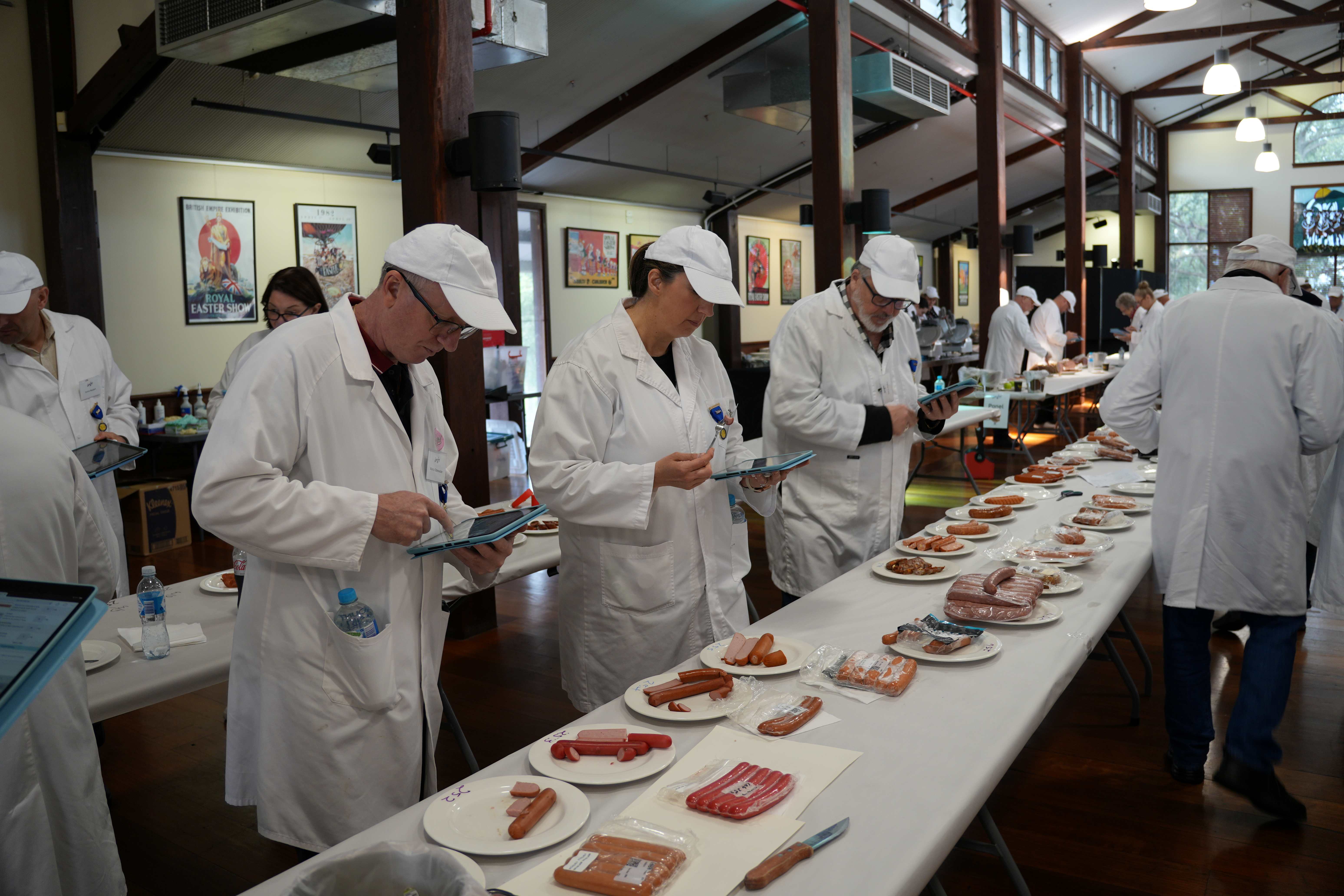RAS Centenary 1922
In 1922 the Royal Agricultural Society of NSW planned a series of special celebrations to mark its centenary.
In 1919 a big Jubilee Show was planned by the Royal Agricultural Society of NSW to mark fifty years of Shows in the city. All Shows prior to that had been held at Parramatta, which in the early days of the colony was the centre of agricultural activity. But the Jubilee plans came to nothing when the 1919 Show was cancelled due to the outbreak of a deadly influenza epidemic in Sydney. As a consequence, the RAS moved its ideas for a special Show forward to 1922, when the focus would be on marking the centenary of the Society's establishment as the first agricultural organisation in New South Wales.
The Centenary was celebrated in a number of ways. On 15 February 1922 a 'Pilgrimage to Parramatta’ tour occurred in the form of a twenty-car motorcade. Led by the RAS president Sir Samuel Hordern, the RAS Council and fifty members of the Society made their way from the RAS city office to Parramatta. After receiving a welcome from city officials and other dignitaries, they proceeded to Westmead, the site of the first Showground. A band performed en route. The motorcade then moved on to the Castle Hill Showground where the visitors were received by the president and council of the local show society, the Central Cumberland Agricultural Society.
The party returned to Parramatta where the RAS held a 'Centenary Re-Union Dinner' at the Woolpack Hotel, in remembrance of many dinners held there by the Society in its earliest years. The Woolpack still trades today. The venue for the very first meeting of the Society in Parramatta was Walkers Inn (also known as the Red Cow Inn), however that establishment closed in 1873.
The 1922 Show at the Moore Park Showground was styled as the 'Royal Centenary Show'. The history of the Society’s work over the years was naturally featured. An illustrated souvenir booklet was issued, a film was made by Australian Films Ltd, and silver and bronze commemorative medals were presented to champion and reserve champion winners. A pageant of children dressed in historic costumes organised by the Department of Education was the highlight. Occurring on four days of the Show, the parade made an impressive sight as it passed through the Showground and into the main arena. Crowds in the stands greeted the children enthusiastically.
The 1922 Centenary celebrations proved to be a resounding success, marking the beginning of what was to be one of the most dynamic phases in the Society's history. It also set up a working relationship with government officials, who would come to rely on the organising expertise of the RAS in the future, when planning large-scale public celebrations.
